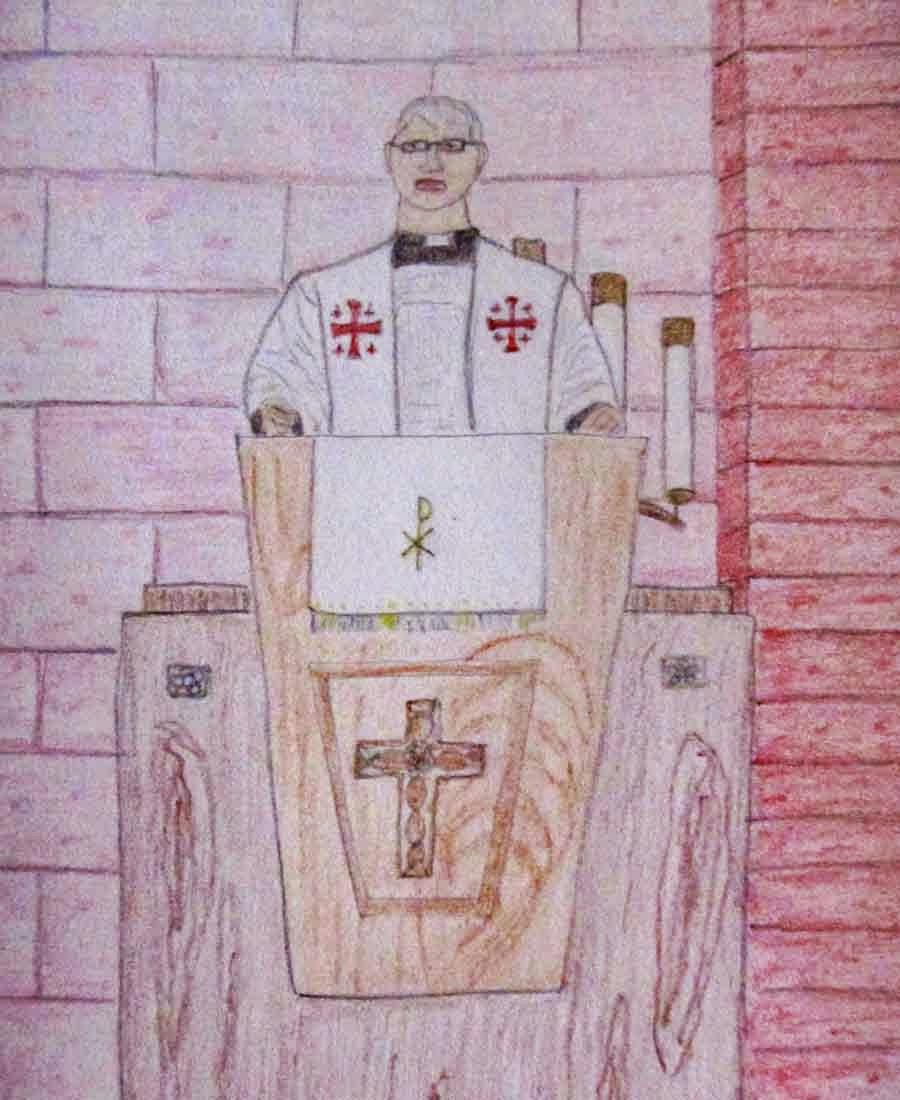 It's interesting to occasionally look back at what you've done. For a long time, I blogged extensively on author Gregory Benford. I read most of the novels he published during the first decade or so of his literary career, and mused deeply on three of them: Jupiter Project, The Stars in Shroud, and If the Stars are Gods, the latter of which he wrote with Gordon Eklund. I've always meant to go back, and make more posts on those other novels, but I never have, even though I read Against Infinity, the sequel to Jupiter Project, twice.
It's interesting to occasionally look back at what you've done. For a long time, I blogged extensively on author Gregory Benford. I read most of the novels he published during the first decade or so of his literary career, and mused deeply on three of them: Jupiter Project, The Stars in Shroud, and If the Stars are Gods, the latter of which he wrote with Gordon Eklund. I've always meant to go back, and make more posts on those other novels, but I never have, even though I read Against Infinity, the sequel to Jupiter Project, twice.Against Infinity is one of my favorite novels, completely different in subject matter and style than its predecessor, yet it continues the story of protagonist Matt Bowles on Jupiter's moon Ganymede. Highly recommended. Anyway, if you missed any of those early posts on Gregory Benford, or would like to reread them, here's an easy guide to them. And if you're not inclined to read them, why not read a Benford novel in honor of the author's birthday. He turns 74 today, and he's written so many Science Fiction novels, each uniquely different in style, tone, and subject matter, that you're sure to find one you'll enjoy.
Happy Birthday Gregory Benford! May you write many more great Science Fiction stories!
Dragon Dave
Gregory Benford
Posts on the novel Jupiter Project
JABOL: A Space Odyssey
Jupiter Project: Life on JABOL
Matt Bowles: Renaissance Man
Jupiter Project: A Final Word
On his novel The Stars in Shroud
Our Need for Interdependence
Defined By Fear
Ling’s Courage
Those Detestable Ofkaipan
A Completely Different World
Those Most Precious to Us
Sensing “The Other”
Embracing The Different
Religion as Social Glue
Ling’s Faith and Persistence
A New Guru
Doctor Who, Ling, & the No-Win Situation
Your Personal Altar: Part 1
Your Personal Altar: Part 2
Your Personal Altar: Part 3
Gregory Benford & Gordon Eklund
Posts on their novel If the Stars are Gods
A Beautiful Mystery
The Invisible Enemy
Dilemmas in the Darkness
A Fictional Role Model
A Defining Moment
That Which Divides
The Man in the Box
What Drives Us
If the Stars are Gods: A Final Word











































